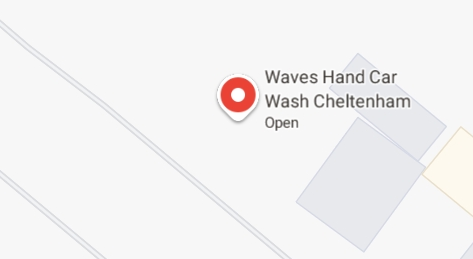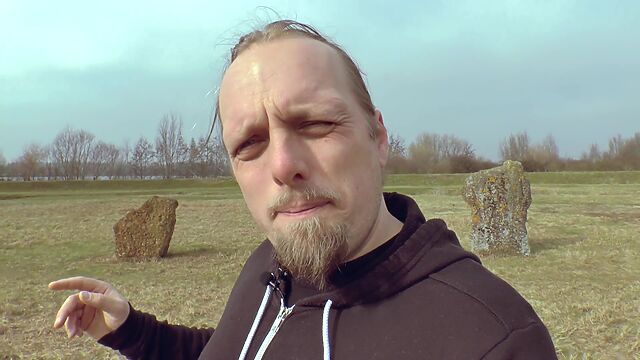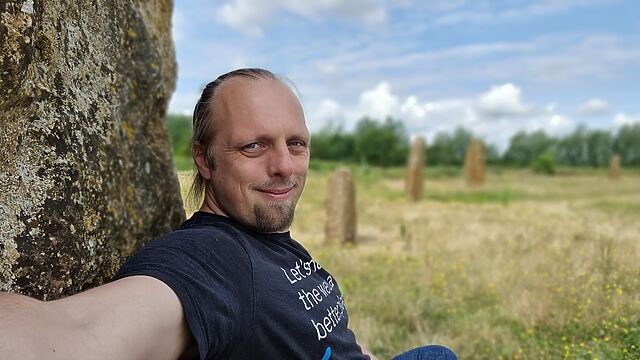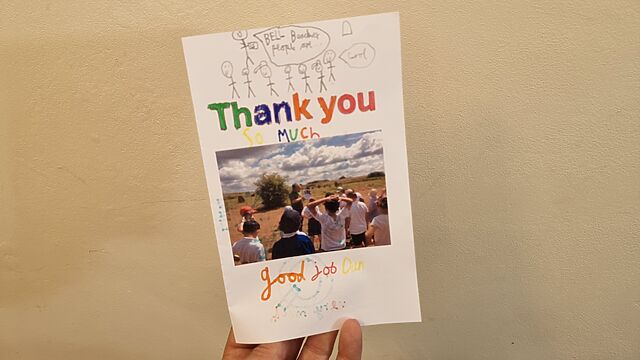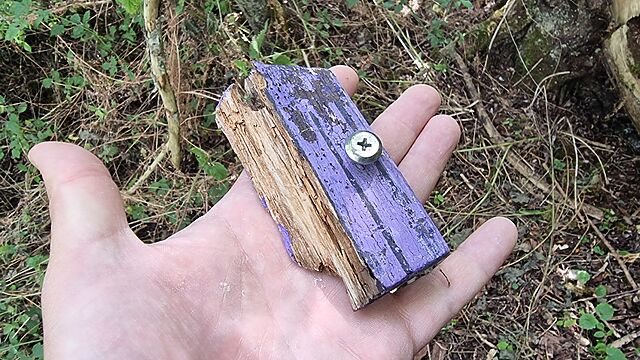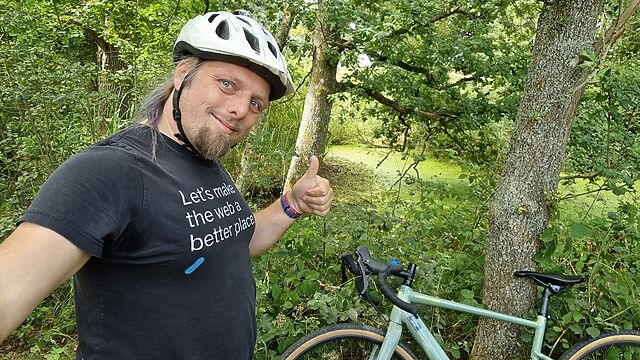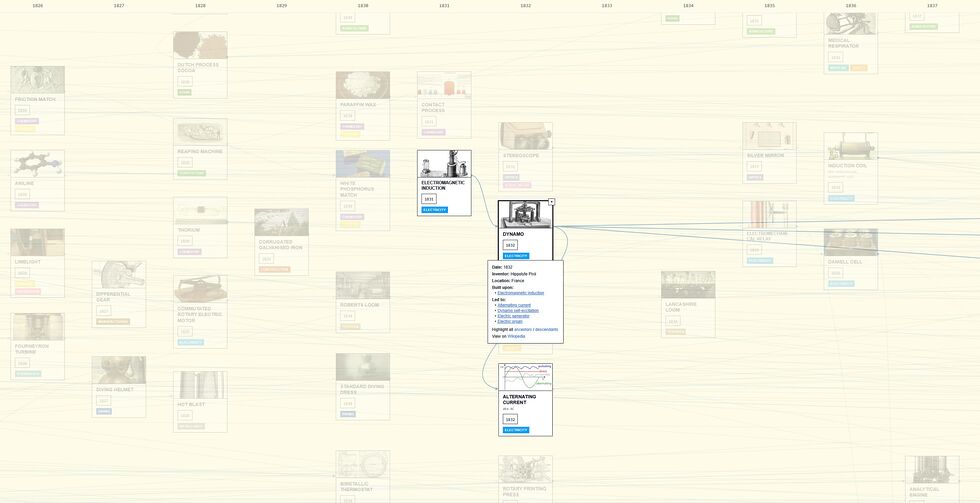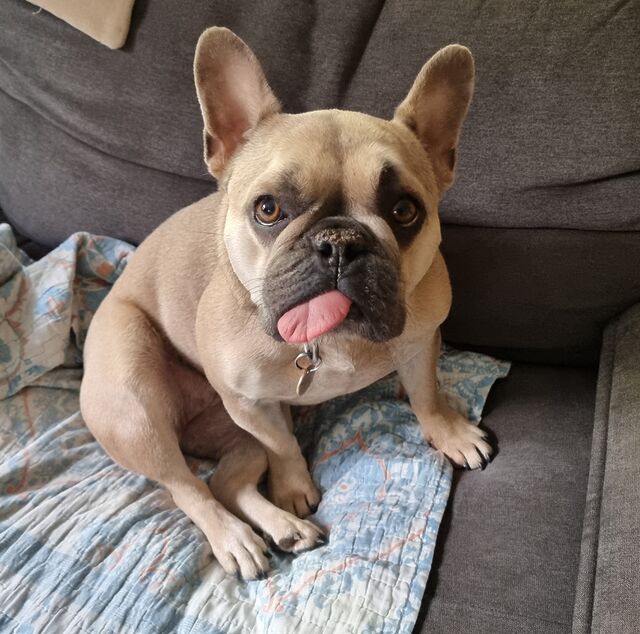…
Our scanning system wasn’t intended to support this style of notation. Why, then, were we being bombarded with so many ASCII tab ChatGPT screenshots? I was mystified for weeks — until I messed around with ChatGPT myself and got this:
Turns out ChatGPT is telling people to go to Soundslice, create an account and import ASCII tab in order to hear the audio playback. So that explains it!
…
With ChatGPT’s inclination to lie about the features of a piece of technology, it was only a matter of time before a frustrated developer actually added a feature that ChatGPT had imagined, just to stop users from becoming dissatisfied when they tried to use nonexistent tools that ChatGPT told them existed.
And this might be it! This could be the very first time that somebody’s added functionality based on an LLM telling people the feature existed already.
Adrian Holovaty runs a tool that can “read” scanned sheet music and provide a digital representation to help you learn how to play it. But after ChatGPT started telling people that his tool could also read ASCII-formatted guitar tablature, he went and implemented it!
His blog post’s got more details, and it’s worth a read. This could be a historic moment that we’ll look back on!
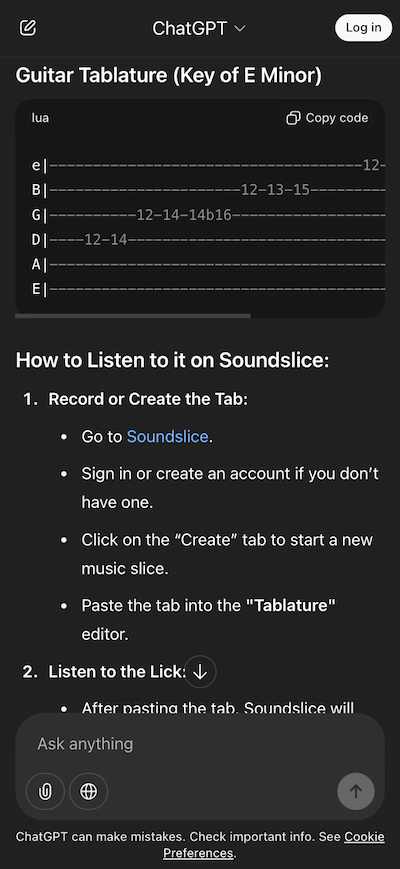

![XKCD comic. Transcript: [A single panel containing a large, elevated sign with Ponytail standing in front of it.] [Title, slightly off horizontal, more to the right than central and the character spacing is not entirely consistent/aesthetic:] Doanate[sic] to fix this sign! [To the left of the lower part of the sign there is an 'QR code', tilted slightly with a plaintext link beneath it:] https://[illegible].com [To the right are several dollar values, in one column, and 'fixes', in a second, some of which have their own self-demonstrating quirks.] [The letters "R" and "N" may be too close together:] $10 fix kerning [Both dollar value and fix text are shifted left of their respective columns:] $20 align columns [This line is in a smaller font:] $20 fix text size $50 fix typo $50 fix centering $100 fix rotation [Ponytail stands looking at the sign, apparently in the process of using a smartphone:] Grrr... [Caption below panel:] My new company's business model is based on extorting graphic designers.](https://bcdn.danq.me/_q23u/2025/07/fix_this_sign1.png)


